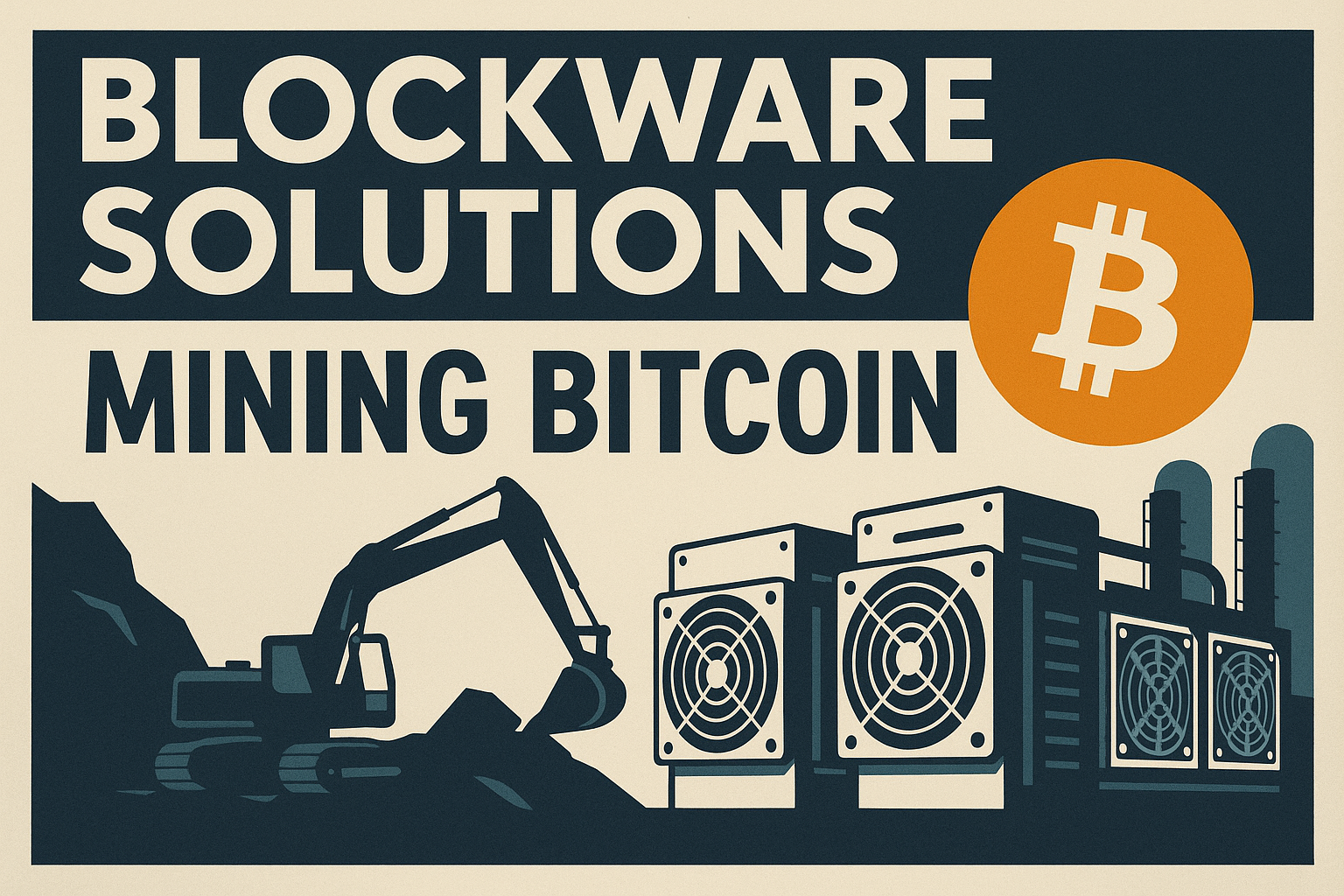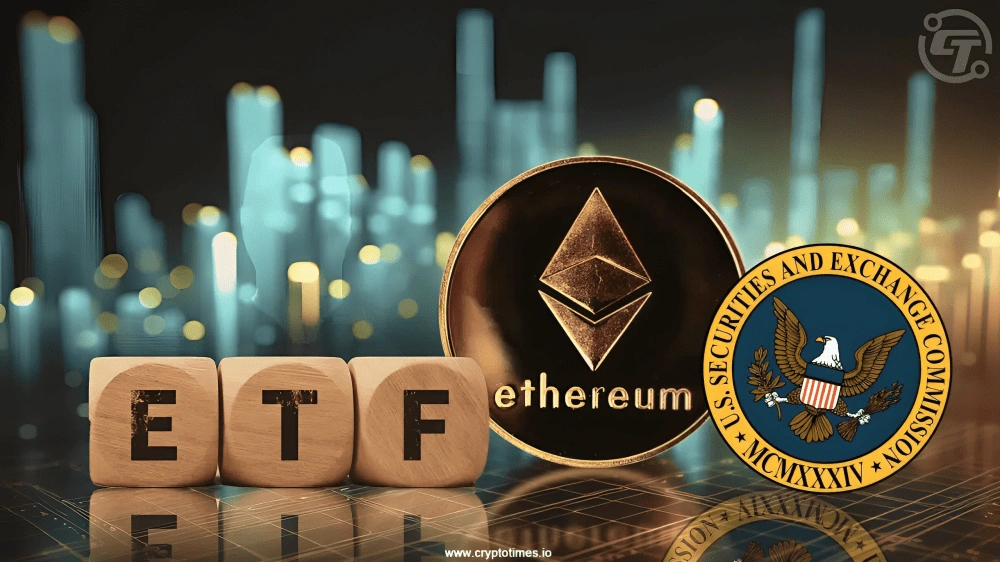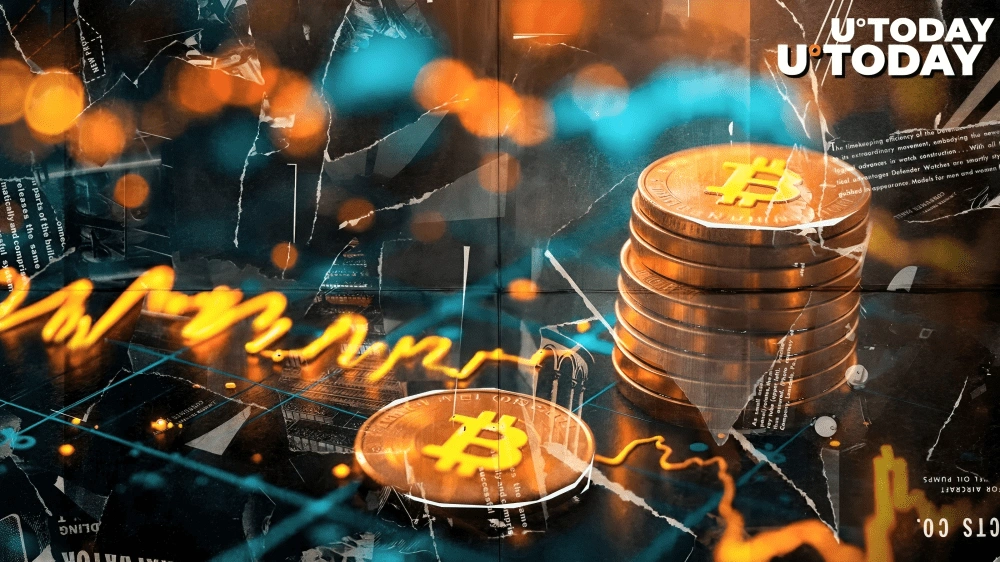Although the emerging momentum of the gaming industry towards blockchain has been mainly heralded by the soaring influx of NFTs or non-fungible tokens, which enable players to have authentic ownership over assets, the legal and regulatory positions concerning these assets around the world have remained cloudy, especially in countries including the USA, where regulations are in a state of flux. To the contrary, France has passed a very bold step with the advent of a new law regarding NFTs and Gaming. Could this new law be the stepping stone for would-be applications in the US?
What is France’s New NFT Gaming Law?
France has indeed enacted a landmark law, which could throw some light on the legal peculiarities that might plague the entire NFT gaming industry in their legality. The law, which talks about these NFTs concerning gaming, recognizes them in an aspect of the ownership of digital assets. The most significant elements of the law are:
- Regulatory Framework for NFT Games: This clears the way for the enactment of regulations regarding the sale and trade of NFTs in gaming ecosystems, providing a legal basis for the operation of NFT-based games.
- Consumer Protection: It introduces consumer protection measures, ensuring that players’ rights in buying, selling, and trading NFTs are protected. This includes disclosures about the value and ownership of digital assets.
- Taxation Guidelines: The law spells out how NFTs should be subjected to taxation and thus, develops an understanding for developers and players on their tax responsibilities in relation to NFT transactions inside games.
- Money Laundering: France’s new law obligates gaming platforms and NFT marketplaces to apply AML measures on their platforms not to be used for money laundering.
- Interoperability and Ownership Rights: The law allows players to be able to transfer their assets from one game to another, by enabling interoperability of NFTs across different games.
The Importance of the Law for the NFT Gaming Industry.
The entire law regarding NFTs into gaming in France happens to be a legally establishable further step toward representation and regulation of the developing industry of blockchains-based gaming. Uncertainty, for developers and gamers, will also decrease, thanks to the clear framework on the trade, ownership, and taxation of NFTs. This might be one stimulant and motivator for innovation within the ecosystem of gaming since developers have a clear rule set in which they could function.
The law provides for consumer protection, something very important with NFTs in this fast-growing space. Now that the scams and other forms of frauds have multiplied with virtual assets, consumers can be assured to have their hands while entering into trading of NFTs.
Related to bringing NFTs into tax scope within a gaming platform would make a more transparent tax environment and acknowledgement that the virtual economy has its place within the broader financial ecosystem. This clarifies the entire picture for developers and gamers concerning how their tax obligations would lie.
Is This Model Possible in the U.S.?
It is a huge step for France, and the only question is: will this model be transferrable to the U.S. How much such a clear regulatory framework for NFTs in gaming would mean to the United States?
As for the rest of the world, blockchain and cryptocurrency regulatory status have been less clear within the U.S. The Securities and Exchange Commission (SEC) and the Commodity Futures Trading Commission (CFTC) have given slight inroads into the direction digital assets can go when classifying them, but we still have some fog when it comes to the regulatory scheme of NFTs. Thus, many of the U.S.-based NFT gaming projects would operate in a legal gray area while unsure about how to comply with the existing regulations.
Comprehensive approaches include consumer protection, taxation, and anti-money-laundering requirements, and they might just entice the U.S. regulator into adopting such an approach. The one that offers a balanced approach and provides clear guidelines to innovation without stifling would be that. However, mirroring these types of regulations in the U.S. would involve efforts across the SEC, CFTC, IRS, and several other government agencies.
One of the key problems in the U.S. is that there is no one regulator. There are agencies dealing with different aspects of blockchain technology. While the SEC perhaps regulates those that are securities, the CFTC deals with commodities, and other agencies address taxation and energy-related matters, intellectual property, and consumer protection as well. Thus, a joint regulatory framework in France could open the door to the United States creating more coherent regulatory guidelines for this sector.
U.S. Adoption Potential Benefits
So if, say, the United States adopts France’s NFT gaming law, it could have a number of potential boons:
- Legal Clarity: Much-needed clarity will be awarded to both developers and players in the NFT gaming world as it would pretty much reduce all the potential risks of legal issues down the line.
- Global Investment: A clear regulatory framework would also make the U.S. home to lucrative international investment as developers would be willing to launch their projects thanks to the de-risking benefits that come with it.
- Consumer Confidence: Sound consumer protection regulations would give confidence to players, which would, in turn, lead to fuller adaptation of NFT-based games.
- Cross-Border Impact. Putting in place a global framework would enable US developers to easily collaborate with studios from abroad, thereby increasing innovation as considerable cross-border growth of the blockchain gaming ecosystem would be achieved.
Implications of Similar Legislation in the U.S.
There are challenges in instituting NFT gaming laws. Some major challenges are:
- Federal Framework: The continuing of state-specific regulations in the U.S. and state-specific laws will change the law of blockchain significantly, so any federal framework is needed to make it applicable.
- Industry Resistance: Some members of the blockchain community regard too heavy regulation as a dampener to innovations founded in decentralization, the very basis of blockchain technology. Aimed at sizable trade-off between these two extremes of control and innovation.
- Political and Legal Barriers: The very political landscape of the U.S. paints a rather daunting picture of a fully successful blockchain legislative process. In this regard, regulators, lawmakers, and the industry would have to meet and agree on the approach to NFT regulations.
Conclusion
The newly passed NFT gaming law in France marks a revolutionary step in regulating blockchain-based digital gaming and NFTs. The comprehensive framework which deals with NFT transactions, taxation, consumer protection, and rules against money laundering makes France the rightful leader in the new emerging NFT gaming space. Even though it could serve quite well as a potential paradigm for the U.S., the country faces challenges such as regulatory fragmentation, political opposition and a counter push from industry interests.
For the U.S., going this route might present the legal clearances and structures that would launch further viability of the industry. As the world continues to turn towards decentralization and blockchain technology in gaming, clear regulations would ease the transition into the future of gaming.





